Psychology Classics On Amazon

Interview with Dr. Shannon Kolakowski
Want To Study Psychology?
Dr. Shannon Kolakowski is a psychologist in private practice in Seattle, helping people with depression, anxiety, and relationship issues. She is the author of When Depression Hurts Your Relationship: How to Regain Intimacy and Reconnect with Your Partner When You're Depressed and Single, Shy and Looking For Love: A Dating Guide for the Shy and Socially Anxious. Dr. Kolakowski writes a blog for the Huffington Post and has been interviewed for publications such as Redbook, Men's Health Magazine, Shape, eHarmony, and ParentMap.
Q & A
As a licensed psychologist in private practice providing treatment for adults, couples and adolescents how would you describe your therapeutic approach?
I think the most important aspect is to treat people the way I'd want to be treated by a therapist. I don't subscribe to the archaic model of the therapist who sits behind the couch silently analyzing you. I treat my clients with warmth and respect, and I'm honest with them about what I think is going on and what I think will help them. I care about my clients and their lives, and having a good relationship together is reflected in the good work we do.
I also use evidence-based practices, meaning the therapy techniques that have been proven to work with a particular set of issues. For depression and relationship issues, I use IPT (interpersonal therapy), which explores the relationship patterns and themes that are causing trouble, while focusing on better ways to approach these recurrent problems. It helps clients answer the questions 'What are my expectations of this relationship, and where did these expectations come from? Does my partner know what I want? How do I effectively ask for what I want? And how am I meeting my partner's needs?'
|
For my clients with anxiety, I draw from acceptance and commitment therapy. The basic idea is that rather than trying to change, deny or manage anxiety (which doesn't work so well anyway), you learn to accept what's already there. It's this freeing concept that you can live your life even when anxiety is present-worry doesn't have to be a looming shadow that dictates your every move. We focus on finding the values you hold dear, and living your life in service of the things that matter most to you. It's about taking control back from anxiety-you decide how you live your life, not your anxiety. |
Find A Psychology School Near You
|
You have written about the importance of validation within a relationship. What is validation?
Yes, this is one of the first skills I teach to my couples because it's almost always lacking in troubled relationships. Validating your partner is having the ability to suspend your own judgments, opinions and thoughts momentarily in order to fully listen your partner. Not only do you hear what he or she has to say, but you let them know you care about what they have to say - even if it's at odds with what you might be thinking or feeling. We sometimes get so wrapped up in our own feelings about a topic that it's hard to slow down and listen to what he or she is saying without giving advice, criticizing, or becoming defensive. Especially in times of conflict, this skill is really useful for both partners to have.
As somebody who has studied and now practices psychology whose ideas within the field have influenced you the most?
Irvin Yalom, Carl Rogers and Victor Frankel's work all resonated with me when I was first learning psychology theory, and I see their work as the cornerstones of psychology. Susan Johnson's emotion focused therapy has been influential in my work with couples. Steve Hayes's acceptance and commitment therapy has strongly influenced my work with anxiety. Seligman's ideas on positive psychology have made a significant impact on my work.
Could you tell us about your book When Depression Hurts Your Relationship: How to Regain Intimacy and Reconnect with Your Partner When You're Depressed.
This is the book I wish I'd had when I was in graduate school. Psychologists know so much about depression, and know so much about relationships, but there has been a huge gap in terms of how the two are thought about in terms of treatment. My book explains how depression and relationships are so closely intertwined, and helps you take practical steps towards making your relationship better - even when you're depressed. As you start to make your relationship better, your depression lifts as well. I really worked to make the book relatable - I used examples that reflect actual relationship problems, and it has practical skills and ideas that you can start to use right away. See following link for full details.
When Depression Hurts Your Relationship
Several of your published articles include reference to Mindfulness. Could you tell us briefly about the thinking behind the concept?
Sometimes it's easiest to start with what mindfulness is not. You know when you're driving in your car and you miss your exit because you've been lost in deep thought? That reflects a way of being that's either far off in the future or in the past. Mindfulness, instead, is the act of being aware of the here-and-now moment, with a non-judgmental and accepting attitude. It's being aware of and tuned into your thoughts, feelings, and body. Mindfulness helps you to appreciate the complexity of life as you experience it, without trying to push away or change what already exists. Researchers and clinicians have an ever-growing body of evidence that mindfulness is key in being engaged with others, having creativity, experiencing well-being, and being able to handle difficult situations.
What led you to start writing a book on dating for the shy and socially anxious?
I think that being in love and having a life partner is one of the most fulfilling and best parts of life. But I've seen dating anxiety get in the way of people finding love so frequently - I wanted to help people find the love that they deserve. Dating anxiety limits the amount of people you meet, can keep you stuck in an bad relationship, and can sabotage your chances of showing who you really are to potential partners. Anxiety can be so paralyzing and overwhelming that people often don't realize how much better things can be.
In my book, I talk about how successful relationships are based on being authentic - it's not about trying to act a certain way, follow rules, or being someone your not-that only adds more anxiety to the equation. Instead, my book helps you embrace your physical, emotional and sexual self-moving away from defining yourself as someone who isn't able to have good relationships, and instead knowing that you can have the type of relationship you desire. Using the acceptance and commitment therapy framework, you identify what you want from a relationship, and what steps to take to get it. It gives you a clear guide on how to navigate the most anxiety-provoking aspects of dating, like initiating dates, showing you're interested in someone, connecting with your date, handling embarrassing or awkward dating situations, handling rejection, addressing fear of intimacy, handling self-doubt and insecurity, addressing fears or worries about sex, and taking your relationship to the next level. See following link for full details.
Single, Shy, and Looking for Love: A Dating Guide for the Shy and Socially Anxious
What advice would you give to someone hoping to pursue a professional career in psychology?
Being a clinical psychologist is rewarding and meaningful work; you get to truly affect people's lives, and they enrich your life and teach you so much, as well. I get to develop relationships that make me feel the world is a better place, maybe a more hopeful place, where problems can be resolved, feelings can be expressed, and lives can be lived well.
Being a psychologist also offers a lot of flexibility - you can work for yourself in private practice, work at a hospital or agency, and you can branch out into many arenas, such as writing, speaking, teaching, leadership and executive consulting, testing and evaluations. I love the diversity of my work, with having a practice as well as writing. And there are many specific populations you can focus on working with, such as geriatric, child, ASD, forensic psychology. Graduate school internships will help you get a feel for the areas you're most suited for. I think the best advice I can give is to follow your talent - if you're naturally a helper, a listener, with empathy for the struggles of others, and the ability to be insightful and work on your own problems, then you may enjoy psychology.
To be a psychologist, you have to be able to say the difficult things that need to be said and set boundaries with people, challenge your clients to make changes and do things differently, while maintaining a good working alliance. Working with serious issues like depression and trauma can also be emotionally taxing, so you have to make sure to take care of your own mental health and lead a balanced life outside of work.
Great Articles By Dr. Shannon Kolakowski
Valentine's Day Ideas That Will Improve Your Relationship, According to Research
Are You A Perfectionist? Three Changes to Make Today
The Single Best Thing You Can Do for Your Relationship
How to Get Along with Your Teen: Talking, Rules, and Conflict
Connect With Dr. Shannon Kolakowski
Click Here to visit Dr. Shannon Kolakowski's website.
Click Here to follow Dr. Kolakowski on Twitter.
Recent Articles
-
Sponsor a Psychology Website with Over a Million Yearly Visitors
Jun 30, 25 11:30 AM
Showcase your brand to a huge, engaged audience. Discover how to sponsor a psychology website trusted by over a million visitors a year. -
Unparalleled Psychology Advertising Opportunities
Jun 29, 25 04:23 AM
Promote your book, podcast, course, or brand on one of the web's leading psychology platforms. Discover advertising and sponsorship opportunities today. -
Psychology Book Marketing
Jun 29, 25 04:19 AM
Psychology book marketing. Ignite your book's visibility by leveraging the massive reach of the All About Psychology website and social media channels.
New! Comments
Have your say about what you just read! Leave me a comment in the box below.Go To The Psychology Expert Interviews Page


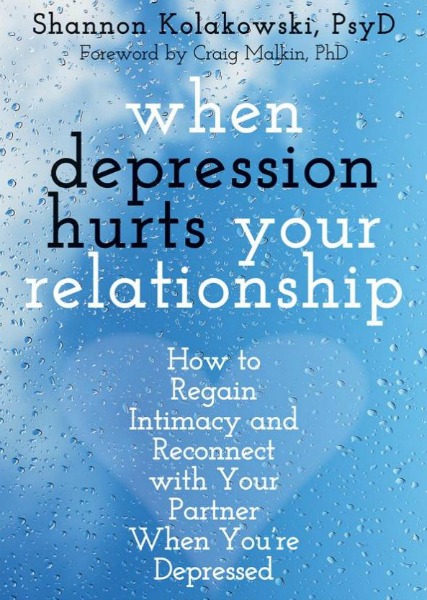
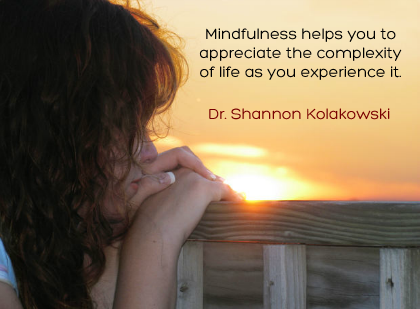
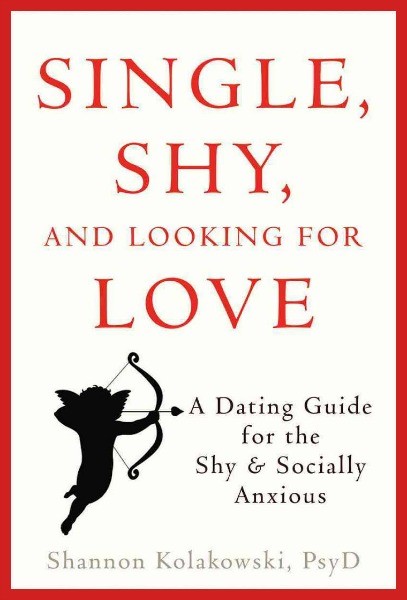


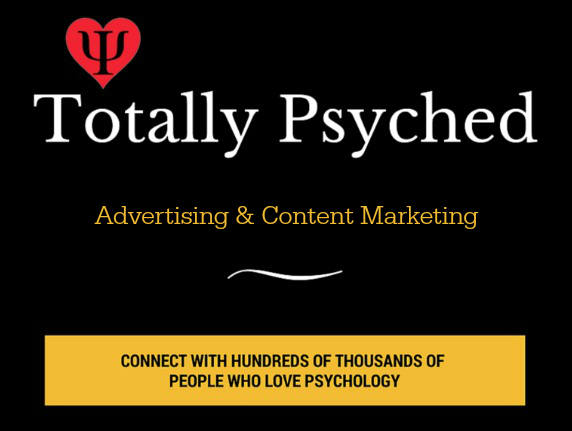
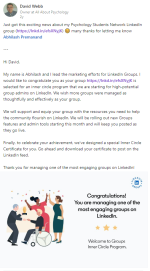
New! Comments
Have your say about what you just read! Leave me a comment in the box below.